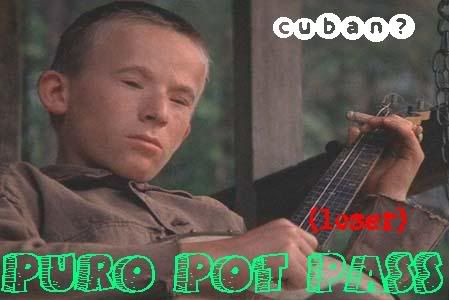Okay, let's consider a big bowl with 1000 balls in it. Each ball is labelled. You have ball number 666. We shake the bowl up. A lot (and for a lot longer than you think - which was a problem with the US Army draft in the Vietnam era, but I digress ...).
Anyhow, Hex reaches in and grabs one ball. Winnah! 1 in 1000 chance. I think we're all agreed on that?
1. Now, let's say Hex has a big hand and picks up five balls all at once when he reaches in. What are the chances that ball number 666 will be among those five balls picked? 1 in 200.
2. Now, instead of just Hex, we add four more people, Hex, Bob, Carol, Ted, and Alice. All five shove their hand in at the same time, with each person pulling out just one ball. What are the chances that ball number 666 will be one of the five picked? Still 1 in 200.
3. Oh oh, the five folks didn't exactly plunge their hands in at the same, nor did they pull their hands out at the same time. What are the chances that ball number 666 will be one of the five picked? Yup, one in 200.
Yes, the chances of Hex pulling 666 out changes, as you say. However, it doesn't matter if Hex, or Bob, or Ted, or Carol, or Alice pulls out ball number 666; you win regardless. Similarly, it doesn't matter if Bob goes first, or Hex goes first, or ... - if one of them pulls your ball, then you win.
The chances don't change - because you don't care who grabs your ball, or when, nor do any of the other 999 entrants. If you, or they, did, then that's different.
Now, the catch is, what happens if you have TWO balls in the big bowl. You can only win once - what happens if both your balls are grabbed? - well, one gets cut off. How does that affect the chances for everyone else?
I leave that as an exercise for the reader.






 Reply With Quote
Reply With Quote




 ) are right:
) are right:




Bookmarks